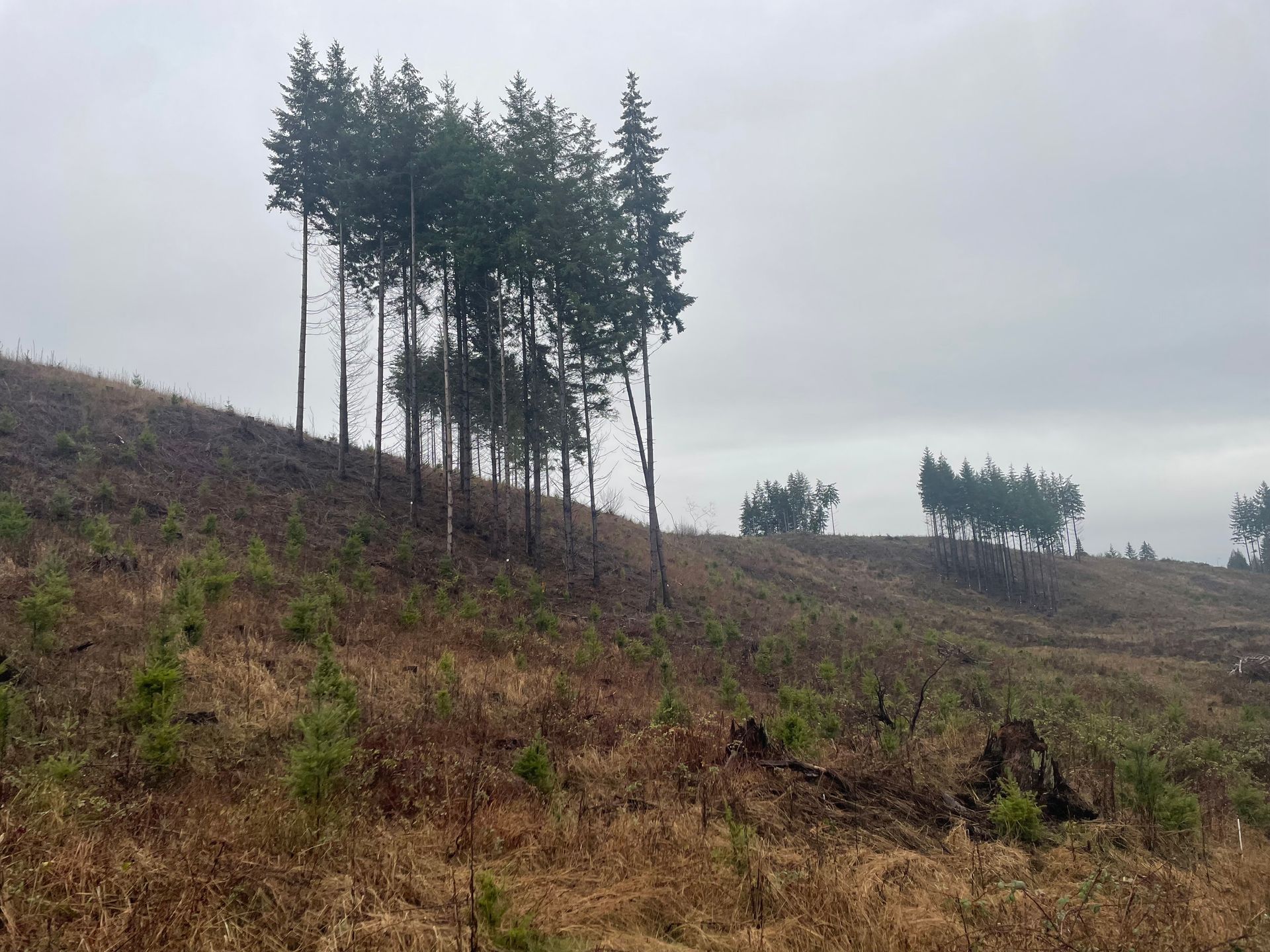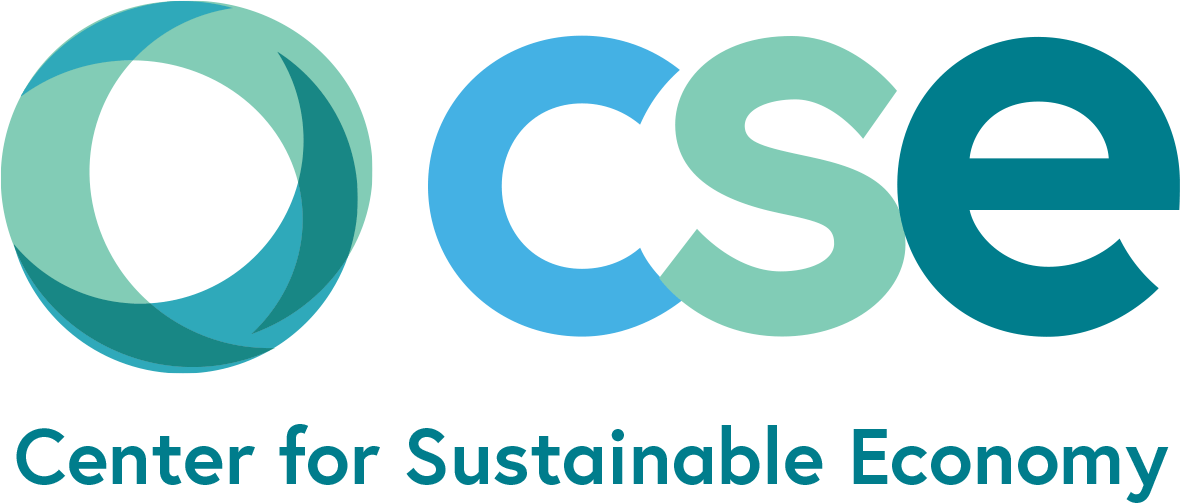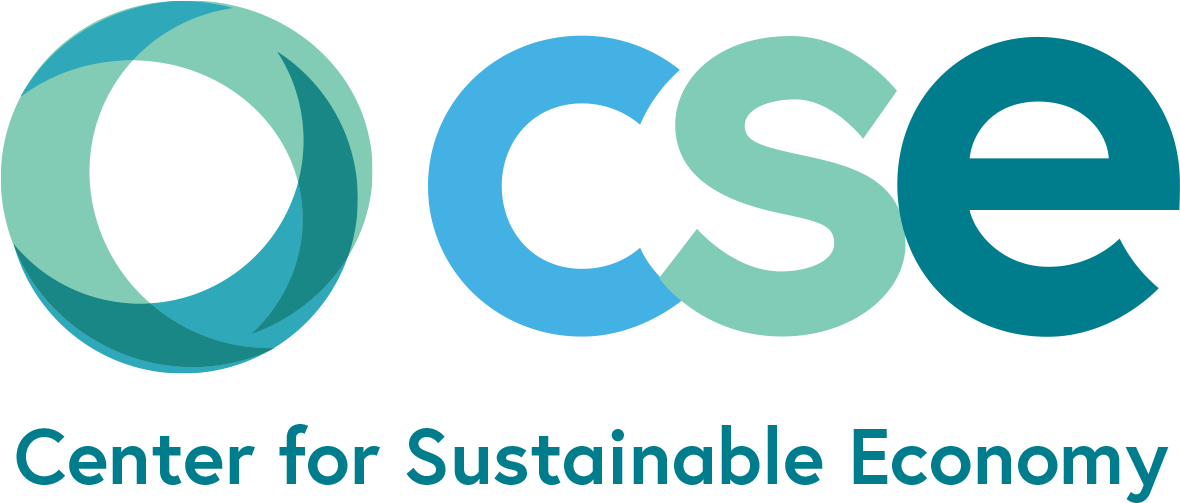Time to Get Washington Department of Natural Resources Out of the Logging Business
August 6, 2025
State forests are far more valuable for water, carbon and recreation

REPRINTED FROM THE PORT TOWNSEND LEADER, 8-6-25
It’s time to stop logging big old trees on state forestlands to pay for schools and public services. The revenues can be replaced but the ecological and climate damages from continuing this practice may be impossible to reverse.
Forest ecosystems on Washington’s Department of Natural Resources (DNR) lands are highly degraded. A 2020 study published in Nature Communications found that over 90 percent of the state’s forests are severely or moderately degraded by clearcuts, logging roads, and timber plantations. DNR lands are so degraded they are capturing the least amount of carbon across all forest ownerships in the state according to the most recent federal forest inventory data. Two recent court decisions including one here in Jefferson County found that DNR’s failure to account for the climate impacts of logging older, carbon rich ‘legacy’ forests violates the State Environmental Policy Act.
Clearly, far more DNR forests need a permanent break from logging, not just a pause. But a recent Seattle Times editorial underscores the difficulty of doing so – in this case, by setting aside a paltry 10 – 15% of structurally complex forest – when everyone from mill owners to school superintendents are fighting over their cut of the logs or revenues from their sale.
A solution is in plain sight: eliminate DNR’s wasteful logging program altogether and replace the revenues it generates with one or more of the “myriad ways” noted by the Washington Supreme Court. Doing so will free up DNR’s globally significant forestlands to capture and store carbon, replenish water supplies, salmon, and wildlife, and help the state close its growing budget deficit since tens of millions of dollars spent each year planning timber sales and repairing their damages will no longer be needed. Instead of cutting firefighting budgets, DNR can eliminate what it spends on logging. Here’s how it could work.
Last spring, I co-authored a study in the journal Environment, Development and Sustainability proposing a carbon tax on industrial logging to help incentivize the transition to climate smart practices like long rotations and alternatives to clearcutting while raising revenues for public services and ecological restoration. That study found that a modest tax on carbon emissions from industrial clearcutting in Washington could raise $114 – $213 million a year depending on how private forestland owners respond to the tax – absorb it as the cost of doing business, pass some of it on to log buyers, or adopt climate smart practices and get a significantly reduced rate while earning income from carbon markets. Either way, we found that tax revenues generated will be more than adequate to replace all DNR logging revenues now passed on to local governments. We also found that such a tax would have minimal effects on log supply and retain private forestlands as a lucrative investment.
DNR can raise additional revenues above and beyond this in several ways. Investing in more fee-based recreation sites to help alleviate overcrowding is one. Conservation leasing lands to universities for long term research and to hunting, fishing, and watershed protection groups is another. Carbon payments are yet another option. If the carbon income modeled in our paper held for DNR lands, then it is reasonable for DNR to expect to earn at least $14 million a year over 50 years if all 1.4 million acres in western Washington were enrolled in a carbon offset program.
Jumpstarting the process of getting DNR out of the logging business will require legislative action. Legislation that helps keep DNR locked into logging (i.e. HB 2858 from 2020, which declares logging to be a climate solution) needs to be repealed and replaced with a mandate to develop a new business model suited for the 21st century and the world’s urgent need to halt and reverse deforestation and forest degradation. A forest carbon tax program based on draft legislation in Oregon can be part of that new business model. As Commissioner of Public Land Dave Upthegrove settles into his new job, passing this legislation will provide him with an exciting new mission commensurate with the kinds of leadership he provided on the King County Council.
John Talberth, Ph.D., is President and Senior Economist for the Center for Sustainable Economy, based in Port Townsend, WA.


